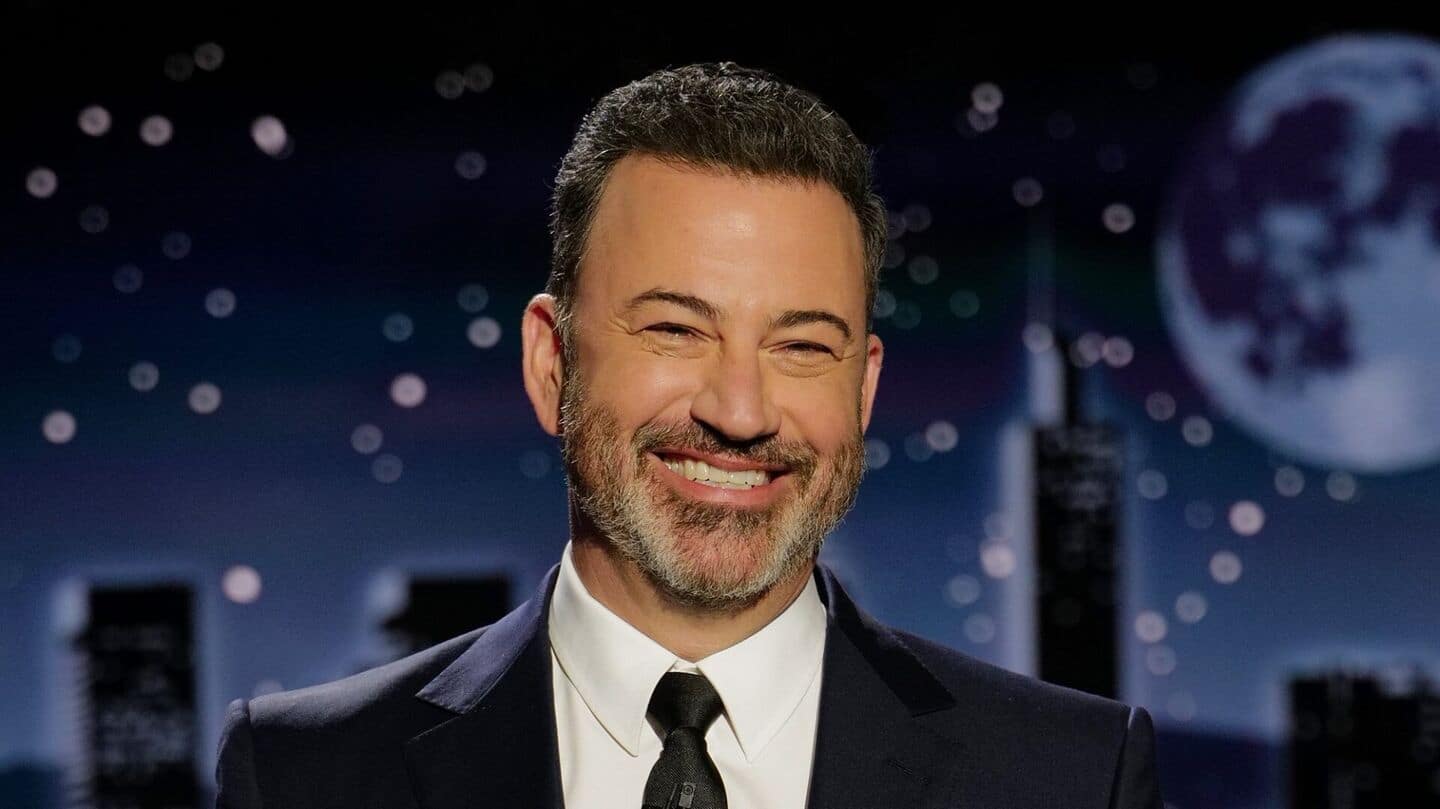
Free speech on trial? Jimmy Kimmel's cancellation raises questions
What's the story
The recent suspension of Jimmy Kimmel's late-night show by ABC has triggered a debate among free speech advocates. The move has been seen as an instance of "jawboning," a term used to describe pressure from regulators or government officials on private entities to suppress speech. This practice is often referred to as a form of censorship.
Expert opinion
It's 'hypocrisy enough to give one vertigo'
Evelyn Douek, a Stanford Law School professor, expressed her disbelief at ABC's decision to suspend Jimmy Kimmel Live!. She told NPR that it was "hypocrisy enough to give one vertigo." Douek argued that the action is a gentler form of censorship compared to social media companies removing COVID-related posts at the US government officials' requests. The controversy follows CBS's cancellation of Stephen Colbert's The Late Show, which frequently criticized President Donald Trump.
Government intervention
How government's FCC was involved in the matter
Federal Communications Commission Chairman Brendan Carr went on a podcast on Wednesday, saying, "These companies can find ways to change conduct and take action, frankly, on Kimmel, or there's going to be additional work for the FCC ahead." Hours later, Nexstar and Sinclair, majority owners of local ABC stations, announced they would not carry Kimmel's program "for the foreseeable future." Hence, it has been summarized that the FCC more or less "bullied" ABC into taking this call.
Controversial remarks
What did Kimmel say?
The controversy began when Kimmel made comments about the suspect in the killing of conservative activist Charlie Kirk. On Monday night, Kimmel said, "We hit some new lows over the weekend with the MAGA gang desperately trying to characterize this kid who murdered Charlie Kirk as anything other than one of them." The comments were made before prosecutors in Utah announced charges against Tyler Robinson, the alleged shooter.
Legal implications
Can officials coerce public broadcasters, though?
The Kimmel controversy could lead to a high-profile First Amendment case. NPR has noted that while government officials can try to persuade private actors like ABC to change their speech, they cannot coerce them into doing so. Alex Abdo, litigation director of the Knight First Amendment Institute at Columbia University, told the portal that an FCC regulator threatening legal liability against a media company for Constitutionally-protected political speech is a prime example of censorship.